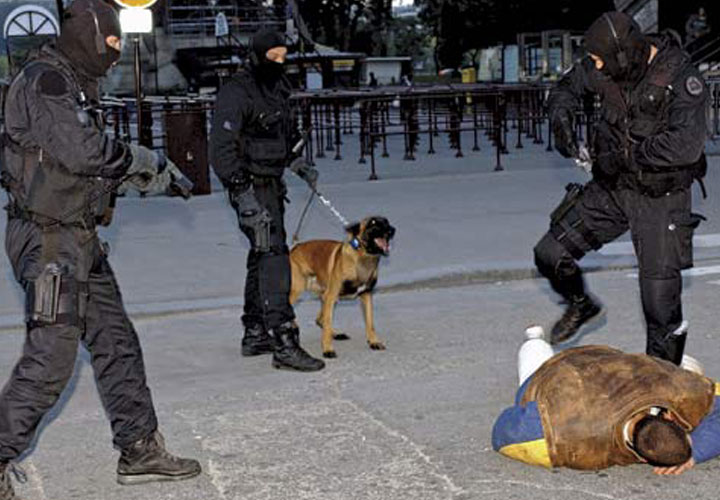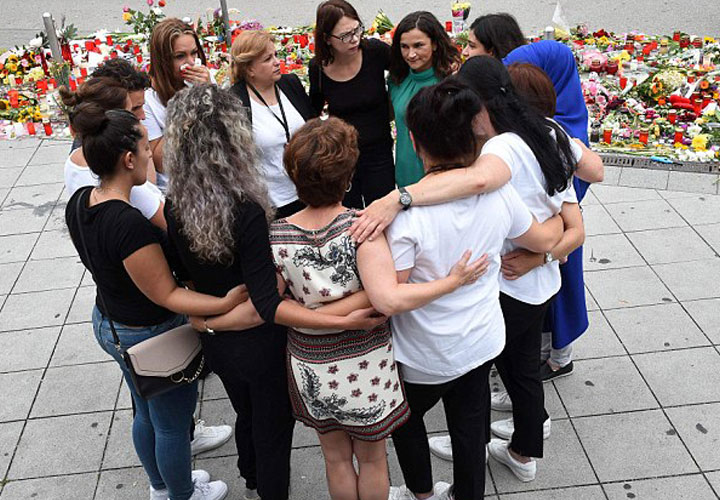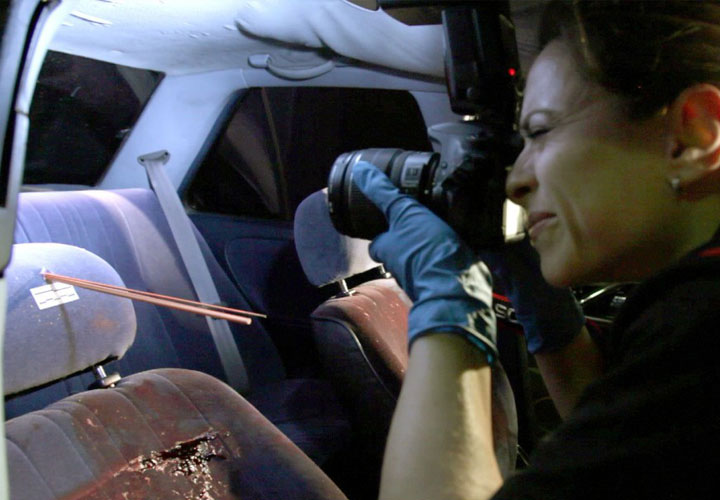
ADVANCED INVESTIGATIONS SCHOOL
-: Portland, OR, 1999
Specialized knowledge and skills required to work as a law enforcement officer with supervisory-level knowledge and attributes. Emphasis is placed on the practical application of advanced skills in the subject areas required for practitioners in
the fields of law enforcement and security including Advanced fitness training and preparation for career specific fitness and application testing, opportunity to obtain additional professional certification, and skills gained by placement experience
in various law enforcement, security and related agencies on an extended basis.

Use of Force Training
-: Richland, WA, 2006-2013
The Use of Force Instructor Training Program (UOFITP) has been designed to give individuals the knowledge and skills necessary to successfully design, develop and implement Use of Force training using static, dynamic and interactive training principles.

Basic Law Enforcement Academy
-: Spokane, WA, 1996
Before you can become a police officer, you must complete 720 hours of basic law enforcement academy (BLEA) training within six months of hire to the law enforcement agency you are employing with. All academy recruits must be physically able to
actively and fully participate in the defensive drills and other required physical activities in accordance with WAC 139-05-230. The WSCJTC requires you to pass a fitness ability test prior to entry into the academy.


























